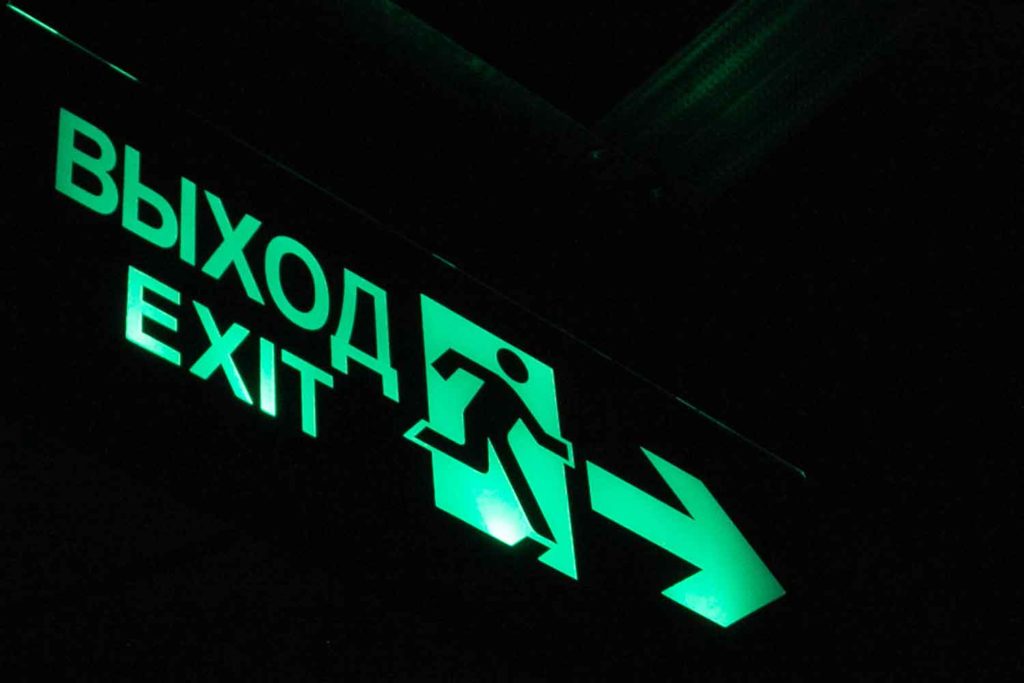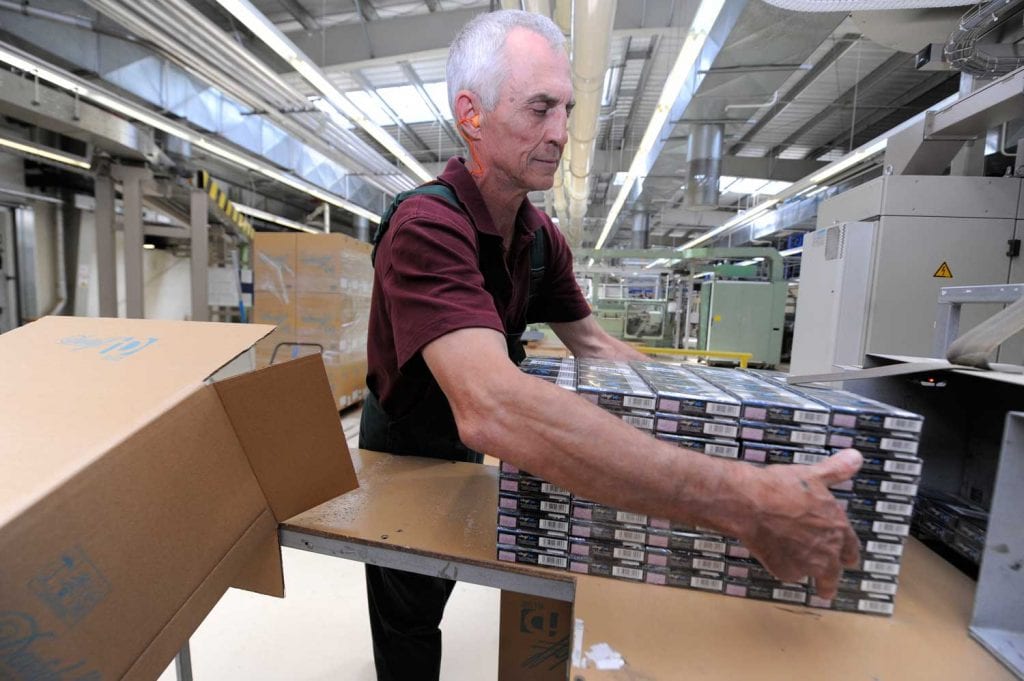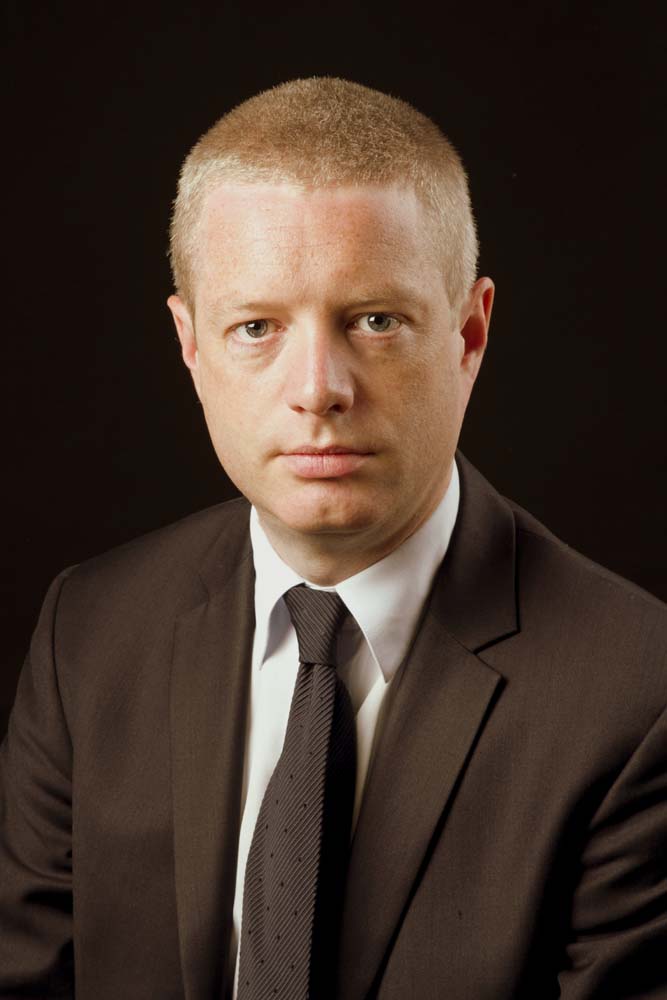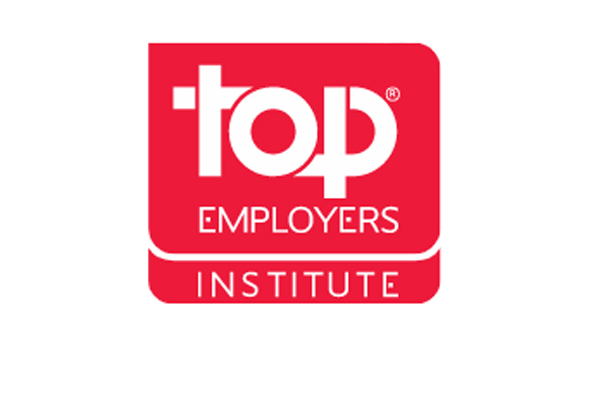
The JT Group reported revenues of ¥581.5 billion ($4.45 billion) in the first quarter of 2022, up 6.2 percent over that reported in the first quarter of 2021. Adjusted operating was ¥194.9 billion during the quarter, 9.4 percent more than in the comparable 2021 quarter. The JT Group posted an operating profit of ¥178.4 billion and a profit of ¥124.1 billion in the quarter, up 11.4 percent and 9.1 percent, respectively, over the 2021 quarter.
“Following the combination of the tobacco businesses this year, the JT Group delivered strong results with adjusted operating profit at constant FX increasing by 4.5 percent,” said JT Group CEO Masamichi Terabatake in a statement. “However, several uncertainties remain, such as the changing operating environment in Russia, the rapidly evolving operational costs and a very volatile inflation. Considering these factors, as of the first quarter, we have decided not to revise the full year guidance.
On March 10, the JT Group announced the suspension of new investments and marketing activities in Russia. The company is currently evaluating various options for its Russia business, including potentially transferring its ownership.
Russia is one of the JT Group’s largest markets. The company has four factories and employs nearly 4,000 people in the country. Terabatake said the company remains committed to its employees in Russia, including to secure their employment.
“We will continue to closely monitor the situation and prioritize the safety of our employees and their families by extending all possible support to affected people. We will take all necessary decisions to address the changing situation in accordance with the group’s management principle, which is to pursue the 4S model.”
Under the 4S model, the JT Group strives to fulfill its responsibilities to consumers, shareholders, employees and the wider society.

















